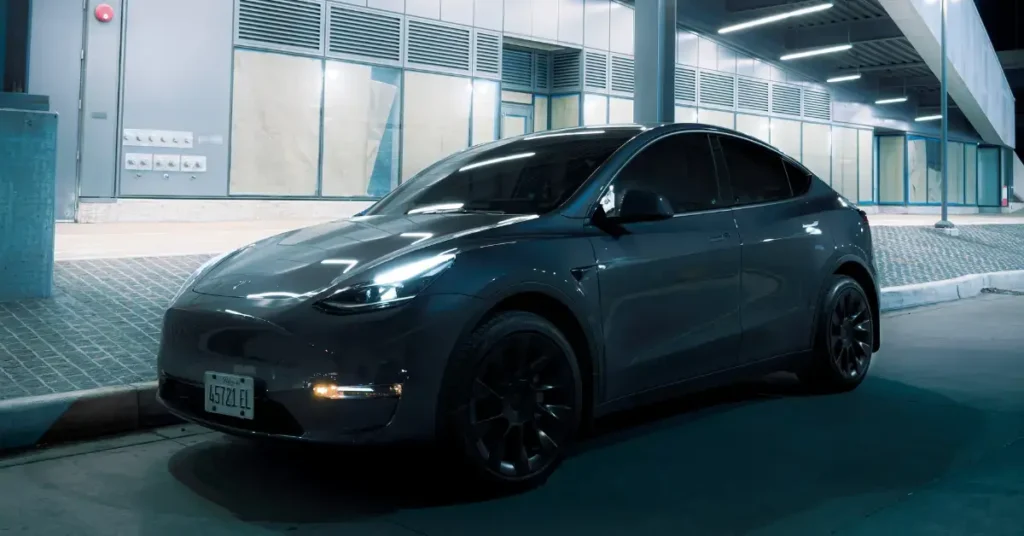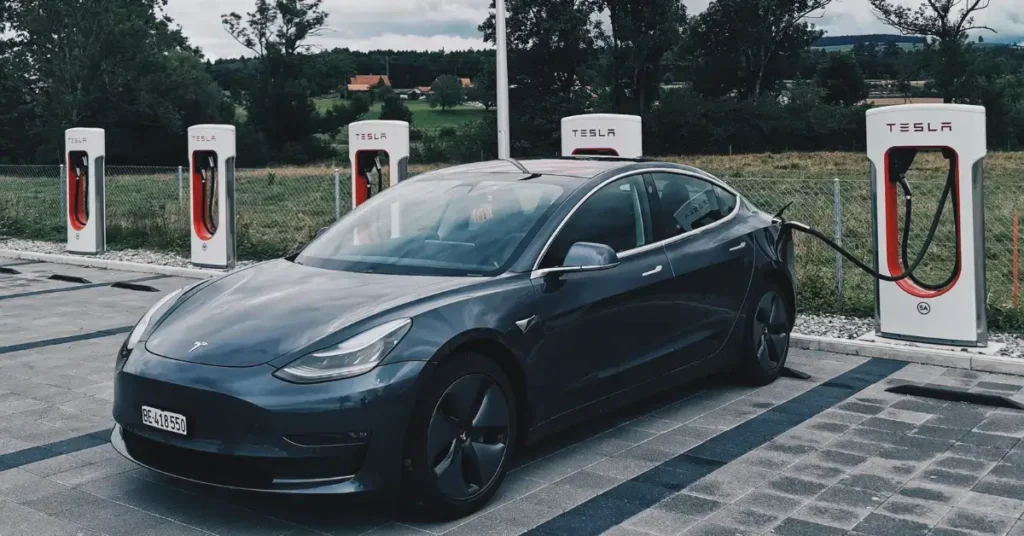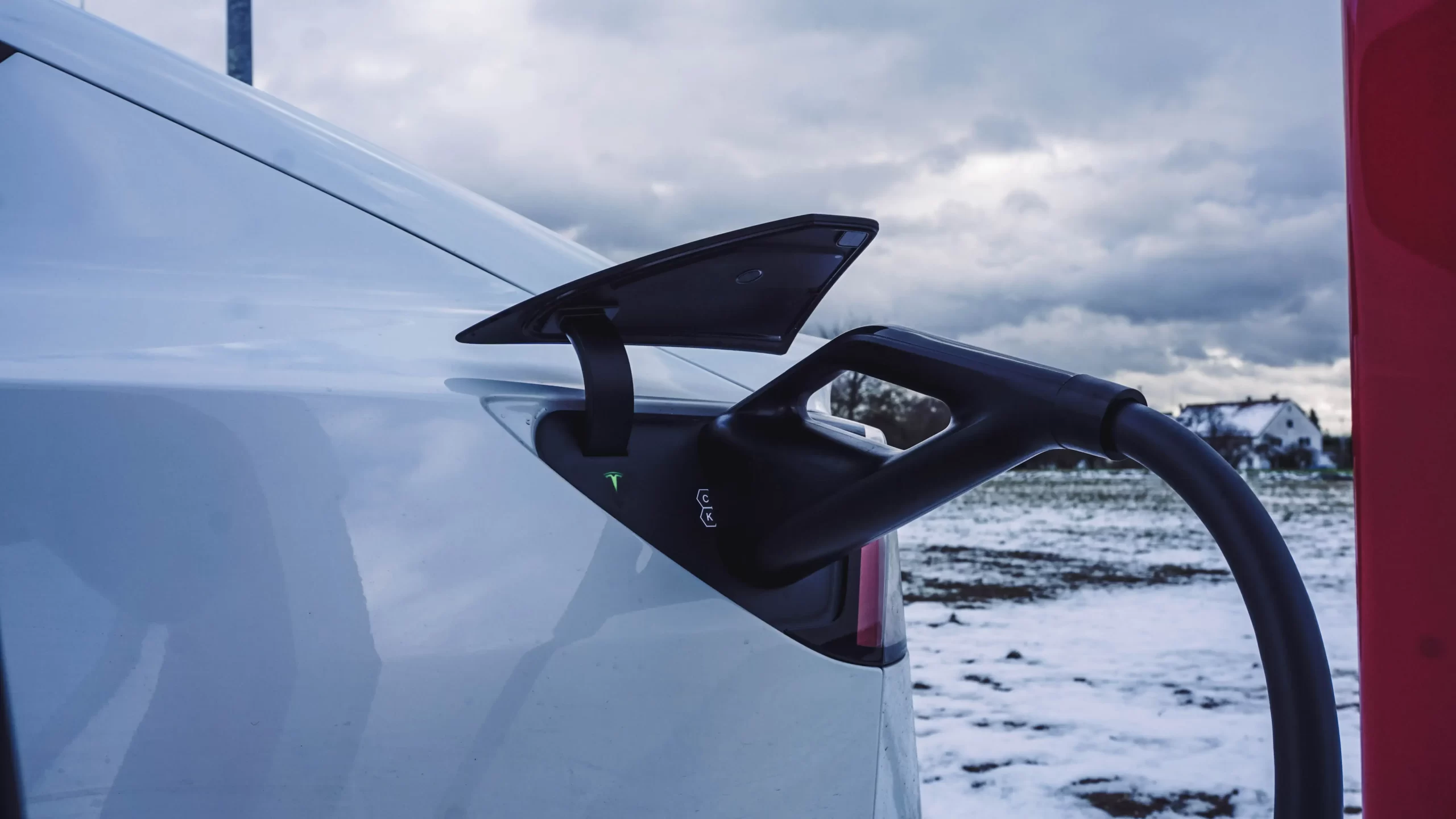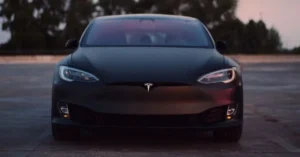Do Teslas Need Oil? Electric vehicles (EVs) have been gaining popularity in recent years as a more sustainable and cost-effective alternative to traditional gasoline cars. One of the most well-known and successful EV manufacturers is Tesla, which has been at the forefront of electric car technology since its founding in 2003.
Table of Contents
One of the most common questions about Tesla cars is whether or not they require oil for their operation. The answer is no; Tesla cars are completely electric and do not have an internal combustion engine, meaning they do not use oil as a fuel source.
In this article, we will explore how Tesla cars work, their maintenance requirements, and the environmental benefits of driving an EV. We will also discuss the long-term durability of Tesla’s battery technology and how to care for it.
Overall, this article will provide a comprehensive understanding of why Tesla cars do not need oil and how they are revolutionizing the automotive industry.
Do Teslas Need Oil?
Traditional oil changes, fuel filters, spark plug replacements, and emission checks are not required for Teslas.
Instead, they lubricate the gearbox or drive system with synthetic oil, and regenerative braking returns energy to the battery, significantly reducing brake wear. While there is no traditional oiling system in a Tesla, as there is in an ICE-powered vehicle, things still require lubrication.
How Tesla Cars Work

Tesla cars are powered by an electric propulsion system, which uses an electric motor, a battery pack, and an electronic controller to convert stored electrical energy into motion.
The electric motor in a Tesla car is connected to the wheels and is responsible for propelling the vehicle forward. The battery pack, which is made up of thousands of individual lithium-ion cells, is responsible for storing and providing electrical energy to the motor. The electronic controller acts as a link between the battery pack and the motor, regulating the flow of electrical energy and controlling the speed of the vehicle.
Tesla’s battery technology is one of the most advanced in the industry, with high energy density and long-lasting performance. The company uses a proprietary battery management system that monitors the health and performance of each individual cell in the battery pack, ensuring optimal performance and longevity. Tesla’s battery packs are also designed to be easily replaceable, making it possible to upgrade the battery in older cars with the latest technology.
Comparing with traditional internal combustion engines (ICE), Tesla’s electric propulsion system is more efficient, and have less moving parts, which means less maintenance, and less wear and tear. Additionally, the lack of an ICE means less emissions, noise, and vibration, making for a smooth and quiet driving experience.
In summary, Tesla cars work by using an electric propulsion system that converts stored electrical energy into motion, which is powered by a high-performance battery pack and controlled by an electronic controller. This technology allows Tesla cars to be more efficient, sustainable, and cost-effective than traditional gasoline cars.
Maintenance Requirements for Tesla Cars

One of the biggest advantages of driving a Tesla car is the low maintenance requirements compared to traditional gasoline cars.
Since Tesla cars have no internal combustion engine, there are no oil changes, spark plugs, or fuel filters required. The electric motor has only one moving part, which is the rotor, and it’s sealed, so it doesn’t need any maintenance.
The main maintenance requirements for a Tesla car are related to the brake system and tires. The brake pads in a Tesla car are designed to last longer than those in a traditional gasoline car, but they will eventually need to be replaced. The tires will also need to be rotated and replaced as needed, just like with any other car.
The battery is the most important component of the Tesla car, and it requires the most attention. Tesla provides an 8-year, infinite-mile warranty on the battery, covering all defects in material and workmanship. Tesla’s advanced battery management system will help to monitor the battery’s performance and alert the driver when it needs to be serviced. However, it’s important to note that charging the battery regularly and avoiding leaving the car in extreme temperatures for extended periods of time can help to extend the life of the battery.
In terms of overall maintenance costs, Tesla cars have been shown to be less expensive than traditional gasoline cars. According to a study by Consumer Reports, Tesla owners spend an average of $4,300 less on maintenance and repairs over the first 150,000 miles compared to the average gasoline car.
FAQ:
What fluids does a Tesla need?
A Tesla requires G-48 ethylene-glycol coolant (HOAT) for its cooling system, oil, coolant, and lubricant for its gearbox, and DOT 3 Brake Fluid for its brakes. It does not require traditional oil, as do gasoline-powered vehicles.
Why does Tesla not need oil?
Teslas do not require engine oil because they are powered by an electric motor, as opposed to internal combustion engines, which require oil for lubrication. The oil used in a Tesla’s drive unit is a synthetic known as Pentosin ATF 9, which does not degrade or become contaminated by fumes.
Teslas, on the other hand, still require an oil dipstick to check for leaks and ensure the oil stays in its designated area. Regular fluid changes are also required to keep your Tesla running smoothly.
How much oil does a Tesla use?
Teslas use a synthetic oil called Pentosin ATF 9, which eliminates the need for traditional oil changes, fuel filters, spark plug replacements, and emission checks. They do, however, require lubrication, and the amount of oil used varies depending on the model.
How much is Tesla oil change?
A typical Tesla S oil change costs $135. Other Tesla models may cost differently, but the average annual maintenance cost is estimated to be around $832.
Traditional oil changes, fuel filters, spark plug replacements, and emission checks are not required for Tesla vehicles.
Can Tesla run water?
Tesla cars can drive through water, but I wouldn’t recommend it because the consequences can be disastrous.
Electric motors, unlike combustion engine counterparts, do not require air to operate, and some Tesla cars have been driven in floods for years. However, according to Tesla’s contract with the German government, the expanded factory will use 1.4 million cubic meters of water per year, indicating that running a Tesla on the water is not a viable option.
Is Elon Musk anti oil?
Elon Musk has stated that the world still requires oil and gas to keep civilization from crumbling and that it is required in the short term to keep society moving. He considers oil and gas to be a bridge fuel to renewable energy sources.
How long will a Tesla last?
Tesla batteries have been reported to last between 300,000 and 500,000 miles. The battery can travel approximately 303 to 405 miles on a single charge, and Tesla owners reportedly lose only 5% after 100,000 miles. The battery in a car can last anywhere from eight years with 100,000 to 150,000 miles driven to 21 to 35 years with an average of 273 miles driven.
Do electric cars still need oil?
No, electric vehicles do not require oil. Electric vehicles do not use oil in the traditional sense because their electric motors do not contain oil that must be changed. Electric vehicles do not require motor oil because they lack the traditional internal combustion engine with all of its moving parts. Because an electric car uses an electric motor rather than an internal combustion engine, it does not require oil.
Is there unlimited oil on Earth?
No, there isn’t an infinite supply of oil on the planet. Estimates suggest that the United States alone has trillions of barrels of shale oil but the actual energy return on energy invested in extracting it is low. The world’s reserves are greater than all of the oil ever consumed by humans, but they are limited and will eventually run out.
If you liked this blog article about the question: Do Teslas Need Oil, don’t forget to leave us a comment down below to tell us about your experience with your Tesla and oil.






